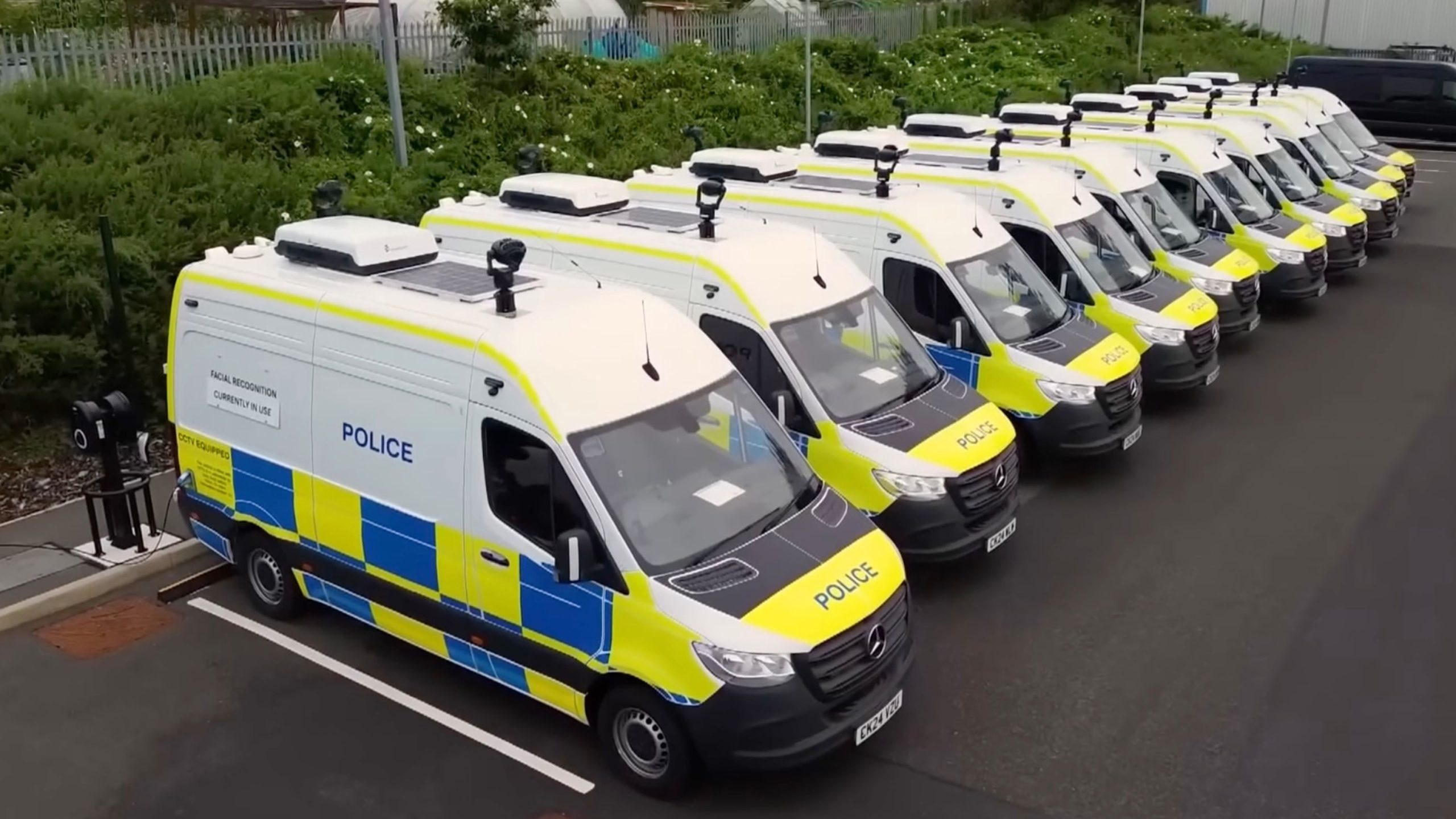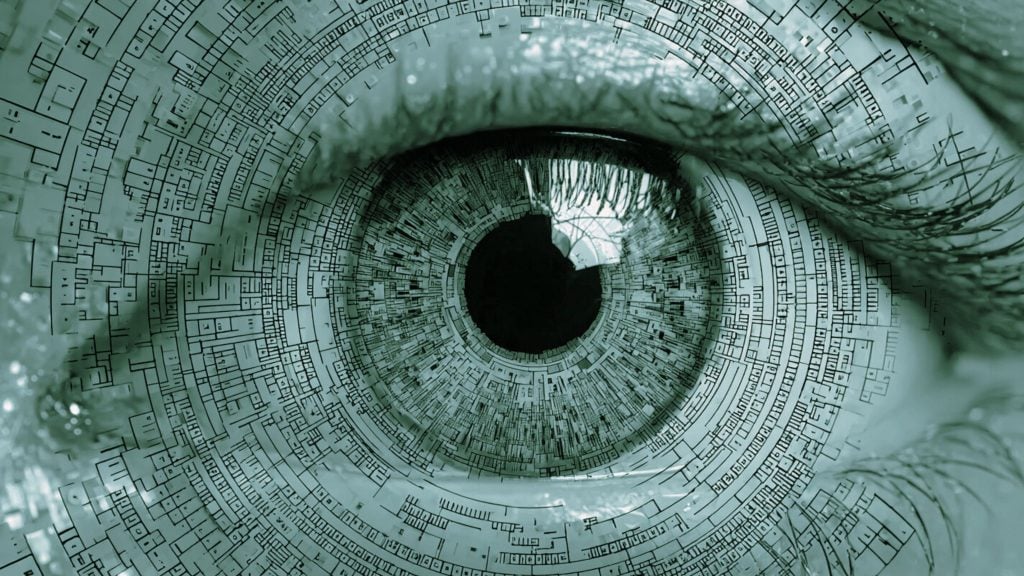In the UK, Greater Manchester Police has moved ahead with plans to introduce Live Facial Recognition (LFR) technology across parts of the region, using two Home Office-funded vans equipped with advanced cameras to scan crowds in busy areas and at major events.
The force maintains that the purpose is to prevent crime, locate wanted people, and protect vulnerable residents. Yet the decision comes on the heels of a serious reprimand from the Information Commissioner’s Office (ICO), which only months ago faulted GMP for mishandling sensitive video data.
The first public use of the vans is scheduled for October 21 and 23 in Sale town centre.
Each vehicle will direct high-resolution cameras toward selected spaces, capturing faces in real time. The software then produces a digital facial map of every person detected, comparing it against a “bespoke” watchlist of individuals sought by police.
When a potential match is found, the system sends a notification to nearby officers who must confirm the person’s identity before deciding whether to act. GMP says that any data not generating a match is “automatically and immediately deleted,” claiming the process leaves no biometric trace.
Police officials say that the technology has undergone ethical review. The Greater Manchester Independent Police Ethics Committee gave its approval in August 2024, and Assistant Chief Constable Rick Jackson insisted that its use follows “strict criteria around the necessity and proportionality” of surveillance.
Jackson described the system as a “precise and targeted tool” rather than a dragnet operation. Similar language has been used by other forces already employing facial recognition, including the Metropolitan Police and South Wales Police, both early adopters since 2017.
Now, with LFR capable of processing vast amounts of biometric information instantly, questions over how responsibly that data will be managed have intensified.
Facial recognition systems, mass CCTV coverage, license plate tracking, and data-sharing agreements between public agencies have turned the UK into one of the most surveilled societies in the democratic world.
Local councils, transport authorities, and police forces now have access to technologies that can track movement, monitor behavior, and identify individuals within seconds.
The government presents these systems as instruments of efficiency and safety, arguing that they deter crime, manage crowds, and protect vulnerable people. Yet the cost is a growing normalization of constant surveillance and a shrinking space for privacy.
The use of LFR exemplifies this trend. Once confined to pilot projects, it has now become routine for police forces to deploy cameras capable of scanning thousands of faces in real time, matching them to databases of people deemed “of interest.”
Of course, the technology is already making mistakes, resulting in lawsuits.



